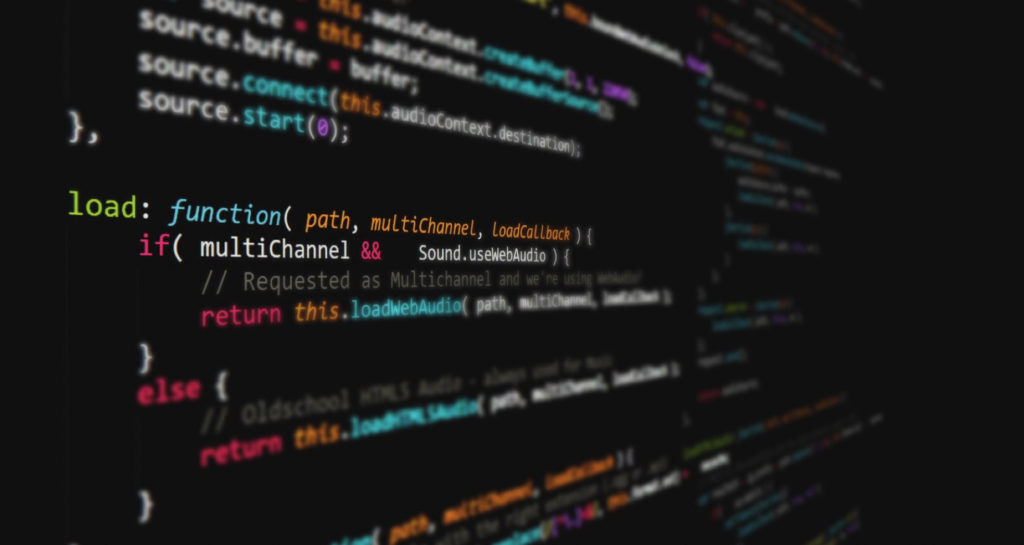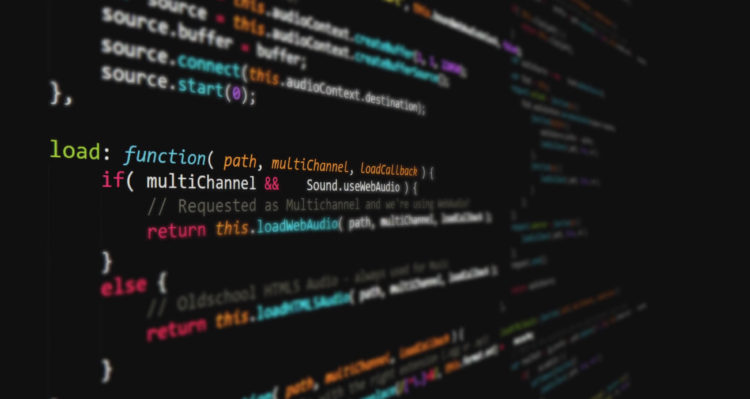
Computer science deals with the theory and practice of algorithms, from idealized mathematical procedures to the computer systems deployed by major tech companies to answer billions of user requests per day.
Primary subareas of this field include: theory, which uses rigorous math to test algorithms’ applicability to certain problems; systems, which develops the underlying hardware and software upon which applications can be implemented; and human-computer interaction, which studies how to make computer systems more effectively meet the needs of real people. The products of all three subareas are applied across science, engineering, medicine, and the social sciences. Computer science drives interdisciplinary collaboration both across MIT and beyond, helping users address the critical societal problems of our era, including opportunity access, climate change, disease, inequality and polarization.
Research areas
AI for Healthcare and Life Sciences
Our goal is to develop AI technologies that will change the landscape of healthcare. This includes early diagnostics, drug discovery, care personalization and management. Building on MIT’s pioneering history in artificial intelligence and life sciences, we are working on algorithms suitable for modeling biological and clinical data across a range of modalities including imaging, text and genomics.
Artificial Intelligence and Machine Learning
Our research covers a wide range of topics of this fast-evolving field, advancing how machines learn, predict, and control, while also making them secure, robust and trustworthy. Research covers both the theory and applications of ML. This broad area studies ML theory (algorithms, optimization, …), statistical learning (inference, graphical models, causal analysis, …), deep learning, reinforcement learning, symbolic reasoning ML systems, as well as diverse hardware implementations of ML.
Communications Systems
We develop the next generation of wired and wireless communications systems, from new physical principles (e.g., light, terahertz waves) to coding and information theory, and everything in between.
Computational Fabrication and Manufacturing
We bring some of the most powerful tools in computation to bear on design problems, including modeling, simulation, processing and fabrication.
Computer Architecture
We design the next generation of computer systems. Working at the intersection of hardware and software, our research studies how to best implement computation in the physical world. We design processors that are faster, more efficient, easier to program, and secure. Our research covers systems of all scales, from tiny Internet-of-Things devices with ultra-low-power consumption to high-performance servers and datacenters that power planet-scale online services. We design both general-purpose processors and accelerators that are specialized to particular application domains, like machine learning and storage. We also design Electronic Design Automation (EDA) tools to facilitate the development of such systems.
Educational Technology
Educational technology combines both hardware and software to enact global change, making education accessible in unprecedented ways to new audiences. We develop the technology that makes better understanding possible.
Graphics and Vision
The shared mission of Visual Computing is to connect images and computation, spanning topics such as image and video generation and analysis, photography, human perception, touch, applied geometry, and more.
Human-Computer Interaction
The focus of our research in Human-Computer Interaction (HCI) is inventing new systems and technology that lie at the interface between people and computation, and understanding their design, implementation, and societal impact.
Programming Languages and Software Engineering
We develop new approaches to programming, whether that takes the form of programming languages, tools, or methodologies to improve many aspects of applications and systems infrastructure.
Quantum Computing, Communication, and Sensing
Our work focuses on developing the next substrate of computing, communication and sensing. We work all the way from new materials to superconducting devices to quantum computers to theory.
Robotics
Our research focuses on robotic hardware and algorithms, from sensing to control to perception to manipulation.
Security and Cryptography
Our research is focused on making future computer systems more secure. We bring together a broad spectrum of cross-cutting techniques for security, from theoretical cryptography and programming-language ideas, to low-level hardware and operating-systems security, to overall system designs and empirical bug-finding. We apply these techniques to a wide range of application domains, such as blockchains, cloud systems, Internet privacy, machine learning, and IoT devices, reflecting the growing importance of security in many contexts.
Systems and Networking
From distributed systems and databases to wireless, the research conducted by the systems and networking group aims to improve the performance, robustness, and ease of management of networks and computing systems.
Theory of Computation
Theory of Computation (TOC) studies the fundamental strengths and limits of computation, how these strengths and limits interact with computer science and mathematics, and how they manifest themselves in society, biology, and the physical world.
Latest news
Guoping Feng, Piotr Indyk, Daniel Kleitman, Daniela Rus, Senthil Todadri, and nine alumni are recognized by their peers for their outstanding contributions to research.
The MIT senior calculates how renewables and EVs impact the grid.
A new algorithm learns to squish, bend, or stretch a robot’s entire body to accomplish diverse tasks like avoiding obstacles or retrieving items.
More than a decade since its launch, App Inventor recently hosted its 100 millionth project and registered its 20 millionth user. Now hosted by MIT, the app also supports experimenting with AI.
Dr. Yanjie Shao and Professor Jesús del Alamo were among the fifteen leading academic researchers to receive this award.
